Pioneer names live on as burial records of St John’s Cemetery Parramatta enter the digital age
The residents of St John’s Cemetery Parramatta gave their names to Sydney’s suburbs. Now their burial records are available online for the first time.
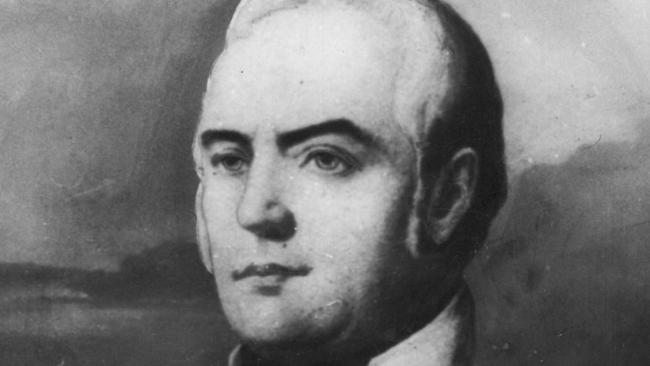
Today in History
Don't miss out on the headlines from Today in History. Followed categories will be added to My News.
Parramatta’s St John’s cemetery can claim to be the dead centre of Sydney. Inscribed on its headstones are many family names that now grace maps of Sydney. Names such as Pymble, Schofield, Wentworth, Blaxland, Harris, Marsden, Whalan and Lethbridge. It also contains the oldest identifiable grave in Australia.
Now for the first time the burial records of this cemetery have been made available online, by genealogy website ancestry.com.au
Ancestry.com.au’s content manager Ben Mercer says St John’s “is the oldest surviving European cemetery in Australia”. It was Australia’s third burial ground, established on a cow paddock in 1790 with the burial of James Magee, the child of a convict, whose grave was not marked.
“We have burial records from the cemetery going all the way up to 1966 — more than 10,000,” Mercer says.
Many of the oldest gravestones are deteriorating, he says.
“That’s a key reason we’ve digitised the volumes and the registers, to make sure that information is accessible to a much wider audience and isn’t lost. The records themselves, the transcriptions and the inscriptions on the headstones, are fading with time.”
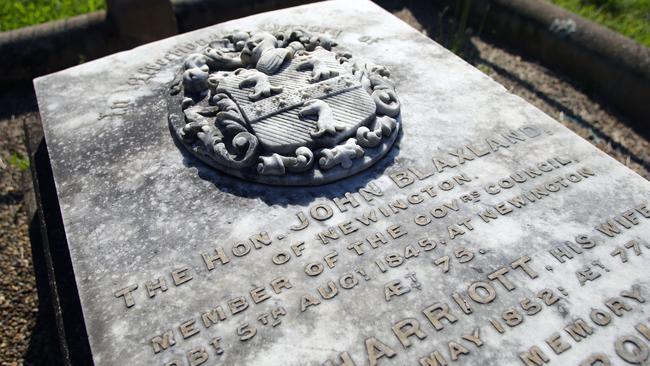
Who’s who at St John’s, Parramatta
John Harris: Surgeon in the New South Wales Corps who received a land grant in what is now Harris Park. Harris also named another suburb — he escaped conviction on a charge that he had divulged how officers had voted at a court martial on the technicality that the court’s paperwork said the incident took place on “19th Ultimo” (19th of the previous month) whereas it had actually occurred on the 19th Instant (19th of the current month). He named his Sydney property Ultimo in celebration of the acquittal.
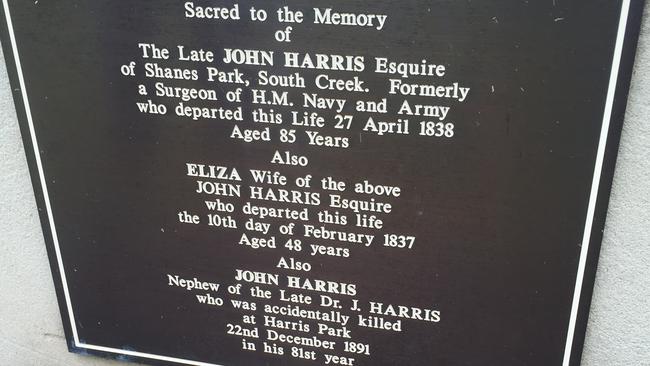
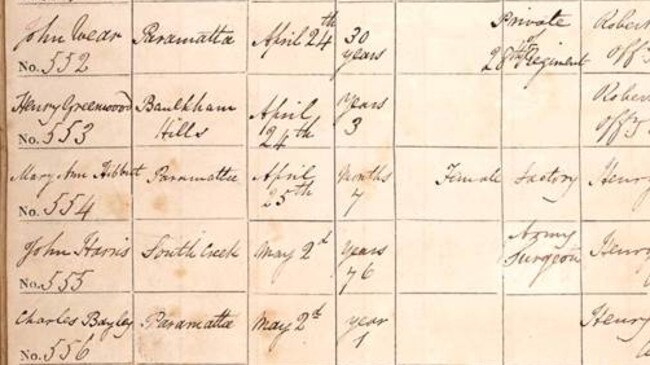

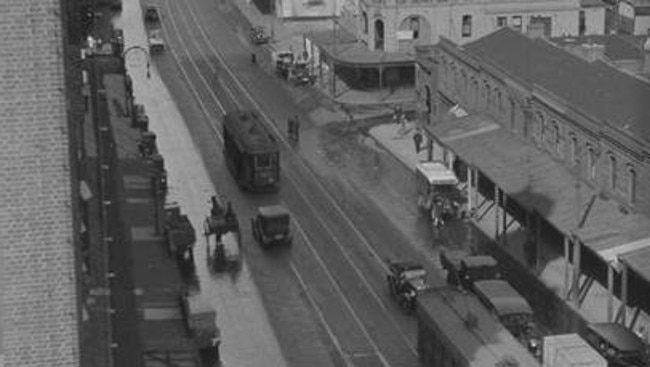
Charles Whalan: The sergeant of governor Lachlan Macquarie’s bodyguard, he and his brother James are credited with being the first white people to discover Jenolan Caves while pursuing bushranger James McKeown, although McKeown must have arrived there first as he used the caves as a hide-out. Charles was given land near Prospect and the suburb of Whalan near Mt Druitt is named in his honour.
Robert Luxmore Lethbridge: The son of Robert Copeland Lethbridge, whose family intermarried with the King family and was a landholder in the Mulgoa and St Marys area. Lethbridge Park, a suburb in Mt Druitt, was named after the Lethbridge family.
D’Arcy Wentworth: Wentworth arrived as a free settler in the colony in 1790 (allegedly narrowly escaped being transported for highway robbery). He became a surgeon, serving on Norfolk Island, where his son William was born. William became a noted explorer, writer, politician and landowner. His name was bestowed on Wentworth Falls for the part he played in finding a route over the Blue Mountains, as well as Wentworthville, the country town of Wentworth and the electorate of Wentworth.
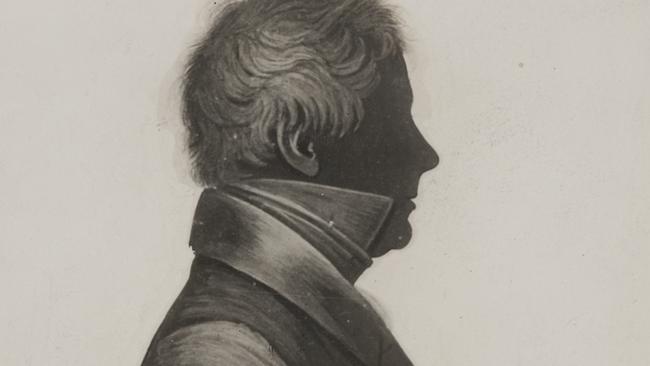
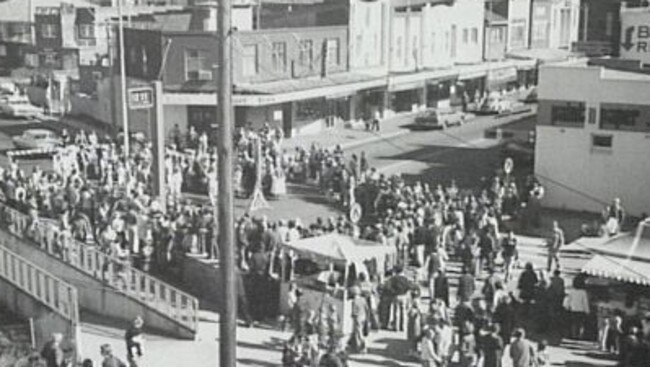
Samuel Marsden: The Anglican parson arrived in the colony in 1794. He spent much time at Parramatta in his capacity as preacher, also dabbling in farming. He was particularly interested in sheep farming and urged the governor to promote the sheep industry. Marsden Park and Marsden St in Parramatta are named after him.
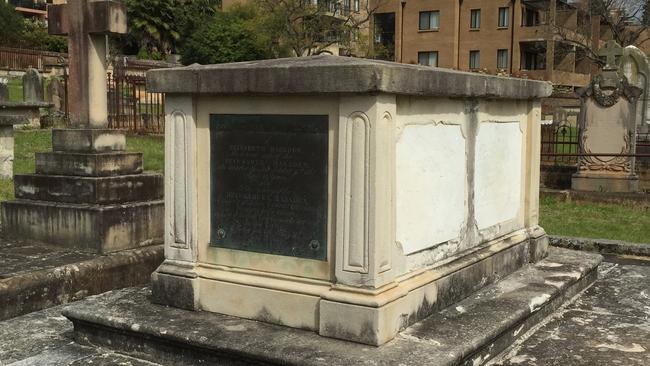
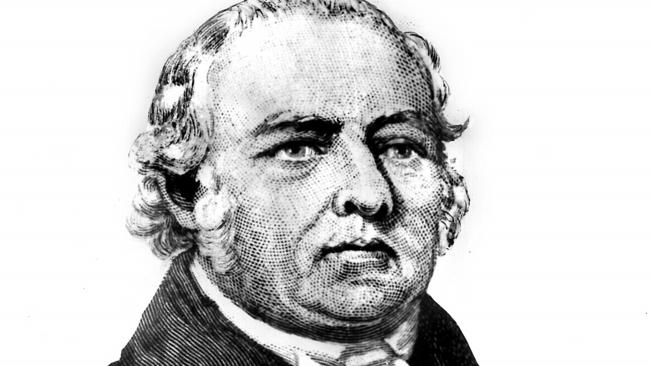
Augustus Alt: Said to be the first German migrant to Australia, although he was most likely born in London to German parents as his father was an ambassador stationed in England. Alt served in the British army and was appointed Surveyor of Lands for the colony of New South Wales, arriving with the First Fleet in 1788. He was responsible for surveying, laying out towns and keeping track of land grants.
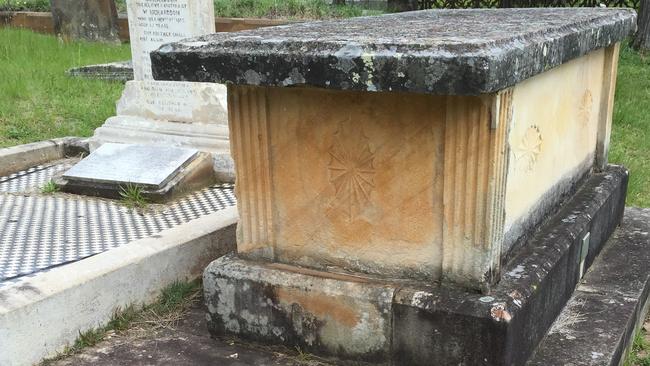
Also buried at St John’s:
James Thorn: Police officer granted land in what is now Thornleigh
Mary Pymble: Wife of Robert Pymble after whom the suburb of Pymble is named
Roland Hassall: Hassall Grove
John Schofield: Schofields
John Blaxland: Politician and brother of Blue Mountains explorer, Blaxland
Mary Kelly: Kellyville
More: ancestry.com.au findagrave.com
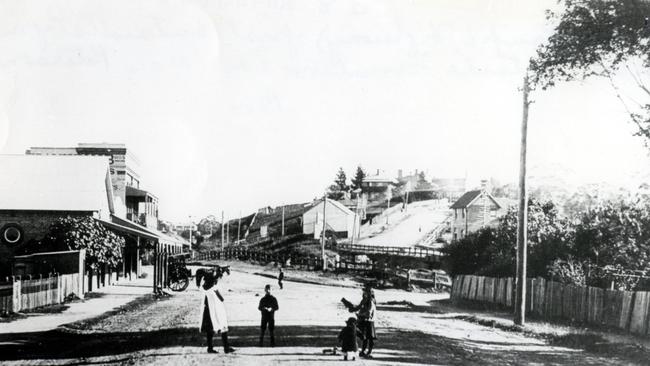
Originally published as Pioneer names live on as burial records of St John’s Cemetery Parramatta enter the digital age



